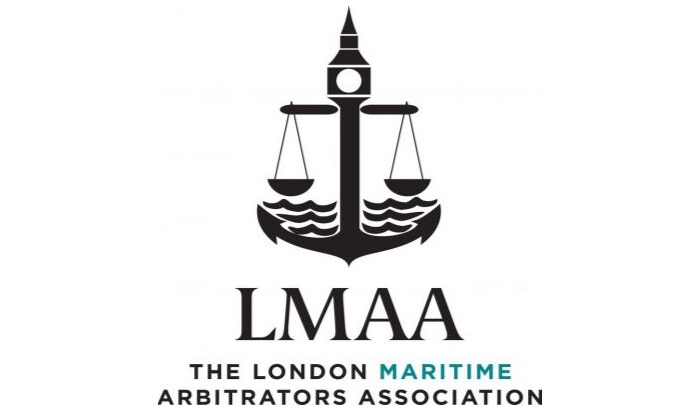Posted on: 2 June 2021
The UK Law Commission has recently published a consultation paper on electronic transportation documents to replace the traditional paper forms which have been developed over centuries. Currently one transaction can require between 10 and 20 paper documents, totalling over 100 pages. Global container shipping is estimated to generate 28.5 billion paper documents a year. In the digital era change is both necessary and inevitable and London should welcome the new digital developments to stay ahead.
The current rules governing bills of lading are based on the idea that essential trade documents can be physically held or “possessed”. However, as of now you can only “possess” tangible assets including paper, and the law does not recognise the possibility of “possessing” electronic documents.
Over the past decade, the development of technologies such as distributed ledger technology has made trade based on electronic documents increasingly workable. Reform is needed to make sure the law does not lag behind technology but supports the adoption of electronic trade documents and the significant associated benefits. Seven technology platforms have already been approved by members of the International Group of P&I Clubs to provide the facilities for electronic bills of lading and English law, the law of choice for international trade and transportation services, needs to keep pace.
The Law Commission has been tasked by the UK Government to make recommendations for reform to allow for legal recognition of electronic trade documents such as bills of lading and bills of exchange and has published a consultation paper setting out provisional proposals for reform to allow for electronic trade documents to be “possessed” if they meet recognised criteria and to allow for them to have the same legal effects as their paper counterparts. This is regarded by the Government as a high priority.
The LMAA, as the international market leader in maritime and trade dispute resolution, welcomes the proposed reforms. In the short term they may generate litigation and arbitration cases to clarify the legal and practical implications of the new regime but in the longer term the adoption of the new regime by UK based service providers in the maritime industries will help to ensure that London remains at the forefront of innovation in the maritime and commercial arena.
Specific proposals
Dealing with the traditional concept of “possession”, the Law Commission proposes that an electronic trade document should be “possessable” provided that:
- The document is a trade document of the kind listed in the draft legislation like bills of lading; bills of exchange; promissory notes; ship’s delivery orders; marine insurance policies; cargo insurance certificates; and warehouse receipts.
- The electronic document is capable of exclusive control. That is, the electronic trade document must be on a system that ensures that only one person (or group) has control of the electronic document at any one time.
- The electronic document must be fully divested on transfer.
The Law Commission is currently inviting comments to its consultation paper from as many stakeholders as possible, including the service providers who make up the membership of Maritime London. The Consultation Paper and draft legislation is on-line here: https://consult.justice.gov.uk/law-commission/electronic-trade-documents. Maritime London members are encouraged to respond to the Law Commission using the online response form on the above link.




